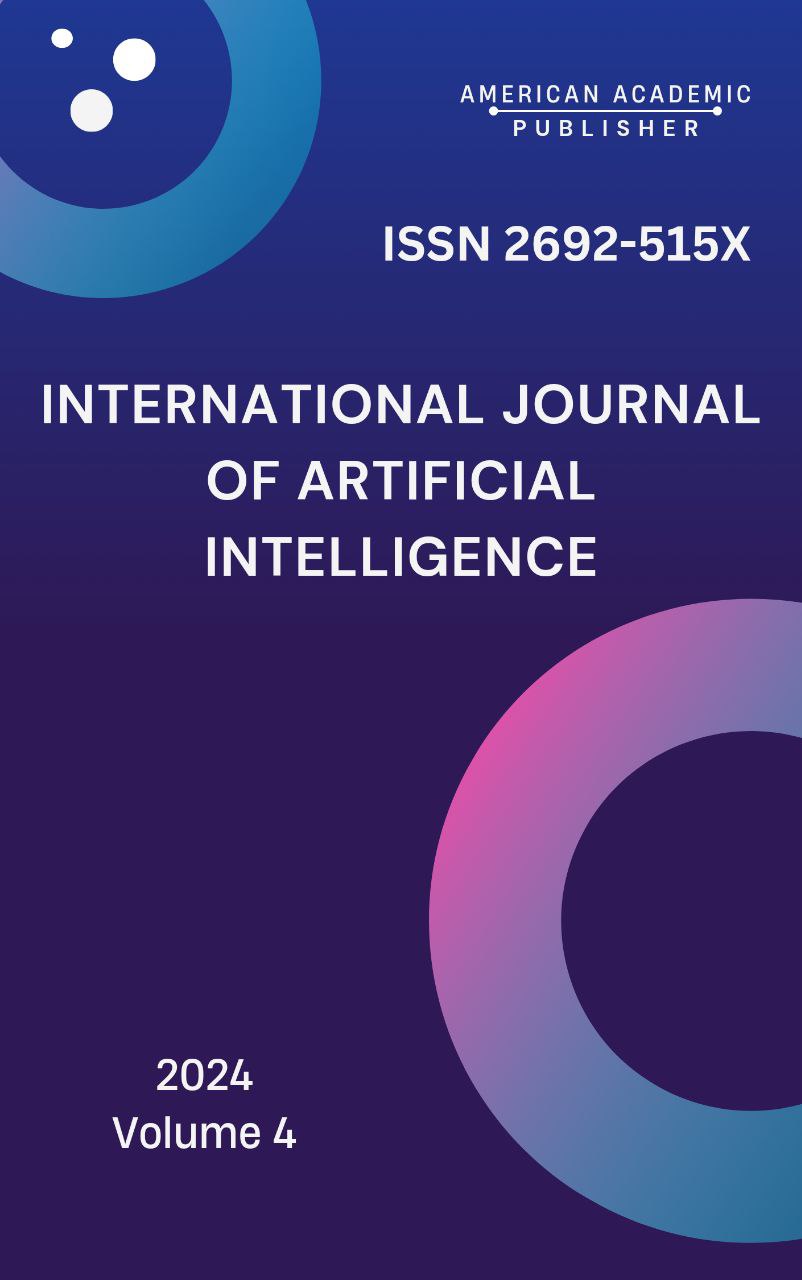 Articles
| Open Access |
Articles
| Open Access | CLIMATE CHANGE PREDICTION WITH ARTIFICIAL INTELLIGENCE: A GLIMPSE INTO THE FUTURE
Murodov Dilmurod Dilshodjon o’g’li,Asrorxo'ja Tursunxodjayev Baurjanovich , a student of TUITAbstract
Climate change poses significant challenges to ecosystems, weather patterns, and human societies. Accurate predictions are essential for effective mitigation and adaptation strategies. Artificial intelligence (AI), particularly machine learning (ML) and deep learning (DL), has emerged as a powerful tool in climate science. AI can process and integrate vast and complex climate data, enhance climate models, and improve predictive analytics. This article explores the role of AI in climate prediction, highlighting various techniques such as neural networks, random forests, support vector machines, and generative adversarial networks. Applications of AI-driven climate predictions include extreme weather forecasting, carbon emission tracking, agricultural planning, and urban infrastructure resilience. Despite its potential, the application of AI in climate prediction faces challenges related to data quality, model interpretability, computational resources, and ethical considerations. Addressing these challenges through a collaborative and innovative approach is crucial for leveraging AI to better understand and address climate change.
Keywords
Climate change prediction, artificial intelligence, machine learning, deep learning, climate modeling, extreme weather forecasting, carbon emissions tracking, agricultural planning, urban infrastructure resilience, neural networks, random forests, support vector machines, generative adversarial networks, data assimilation, predictive analytics.
References
Rolnick, D., Donti, P. L., Kaack, L. H., et al. (2019). A Machine Learning Perspective on Climate Change Predictions. Nature Climate Change, 9, 727–737. DOI: 10.1038/s41558-019-0566-5.
Vandal, T., Kodra, E., Ganguly, A. R. (2019). Convolutional Neural Networks for Climate Downscaling. Neural Networks, 118, 209–217. DOI: 10.1016/j.neunet.2019.06.012.
Wimmers, A. J., Velden, C. S. (2019). Deep Learning for Hurricane Track and Intensity Predictions. Geophysical Research Letters, 46, 11436–11443. DOI: 10.1029/2019GL083856.
Article Statistics
Downloads
Copyright License

This work is licensed under a Creative Commons Attribution 4.0 International License.

